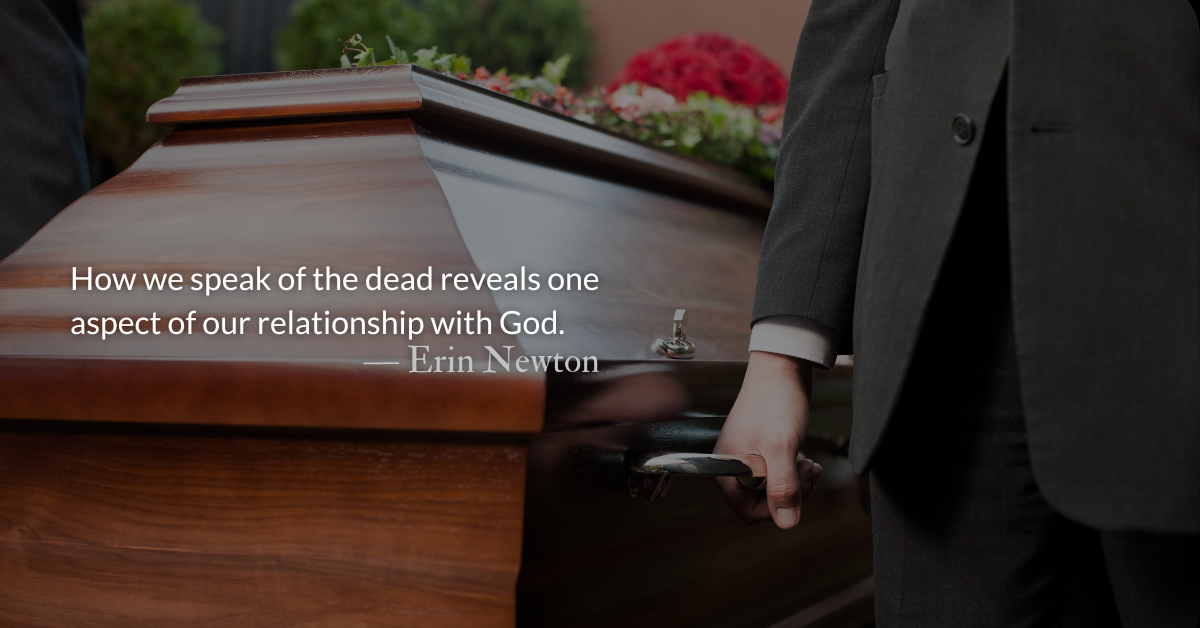Scripture Focus: 2 Samuel 1.17-18
17 David took up this lament concerning Saul and his son Jonathan, 18 and he ordered that the people of Judah be taught this lament of the bow…
Reflection: Eulogize your Enemy?
By Erin Newton
Would you write a eulogy for your enemy? If someone targeted your life, would you speak kind words in memory of their death? The questions sound absurd.
When God’s anointing passed from Saul to David, the king sought to kill him. With every turn, David’s life was in mortal danger. There was no peace between them. In the end, however, the news of Saul’s death stirred David to write a dirge, a funeral song.
The book of Psalms is filled with songs of lament that seek the favor of God and reflect upon God’s faithfulness and trustworthiness. This song is different. There are no calls to God or reflections of past hope. It is very much a eulogy for Saul and Jonathan. A funeral song for a man who hated David and a man who loved David—a friend and a foe.
It is little wonder that David felt compelled to sing praises of his closest friend. It is unthinkable that he would do the same for Saul. What compels David to give such honor to someone who, by all accounts, did not deserve it?
The answer is David’s relationship with God. The words were honoring Saul and Jonathan, but the motivation was to honor God. For all the years of hiding in the wilderness or dodging assassination attempts, David waited patiently to see the outworking of his anointing. He never raised a hand against Saul, though he was tempted on occasion!
How we speak of the dead reveals one aspect of our relationship with God. David likely struggled with hoping for Saul’s demise so that his future would be secured. He had enough reasons to be opposed to the king. His faith, however, would not allow him to act upon such thoughts.
Each person is born as the image of God. Each person dies as the same image of God. How do we easily honor new life at birth, pure and innocent, and dishonor the same life in death, ravaged by sin and broken? We cannot celebrate evil, but we must find space to honor God at death. It is a difficult task; one we may spend our lives trying to understand.
Like David, Jesus speaks words of grace about his enemies, “Forgive them, for they do not know what they are doing.” Perhaps, we can learn that relationships with our enemies are a reflection of our relationship with God.
Divine Hours Prayer: The Request for Presence
Bow down you ear, O Lord, and answer me…
Keep watch over my life, for I am faithful. — Psalm 86.1-2
– From The Divine Hours: Prayers for Summertime by Phyllis Tickle.
Today’s Readings
2 Samuel 1 (Listen 3:54)
Revelation 11 (Listen 3:24)
Read more about Eating With Enemies
When Christ leads us into the heavenly city, we will find ourselves dining and worshiping with people we harmed or who harmed us.
Read more about Do You Know The Enemy?
Do we remember who the real enemy is or are we too focused on the powers of this earth?








